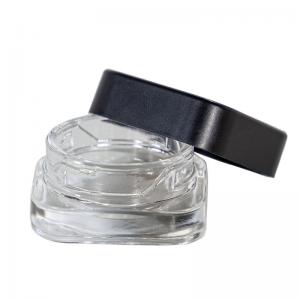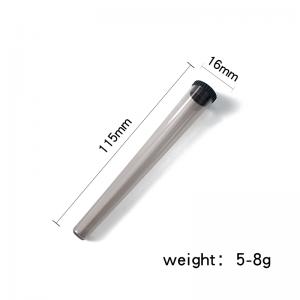Twitter’s new policy change permitting advertising and marketing by state-legal cannabis companies is a step forward for the sector and could nudge other digital advertising platforms to rethink their prohibitions on cannabis promotions, industry insiders say.
At the same time, Twitter is spicing up its entry into U.S. cannabis advertising with a promotional incentive for the industry.
Twitter’s cannabis advertising rules
Some U.S. cannabis industry players have already moved to take advantage of Twitter’s policy change, with vaporizer company Pax announcing Wednesday it is “among the first of Twitter’s cannabis advertising partners,” Pax’s vice president of marketing, Luke Droulez, said in a statement.
Others are taking a wait-and-see approach.
Twitter’s U.S. marijuana advertising rules state that advertisers “may not promote or offer the sale of cannabis,” including CBD, with an exception for topical hemp-derived CBD products containing less than 0.3% THC.
Winstanley interpreted that rule as meaning that Theory Wellness can’t chase a return on Twitter advertising spending by converting an advertisement directly into a sale.
In his estimation, though, brand-awareness promotions would be in-bounds.
THC brand-preference promotions permitted
Twitter “is allowing advertisers to promote brand preference and informational cannabis-related content” for CBD products, THC products and “cannabis-related products and services” such as “delivery services, labs, growing technology, search engines (and) events,” according to an email from a Twitter employee.
According to the email, Twitter is offering a six-week advertising incentive for cannabis brands, matching new ad spending up to $250,000 on a one-to-one basis.
Will Meta, others follow suit?
As regulated U.S. cannabis companies experiment with Twitter’s new advertising opportunity, it’s unclear whether Twitter’s digital advertising competitors – such as Google parent company Alphabet and Meta Platforms’ Facebook, Instagram and WhatsApp – might follow suit and allow marijuana advertisements.
Google’s ad platform recently eased restrictions on hemp and CBD advertising in select markets but still excludes much other cannabis marketing.


 English
English français
français Deutsch
Deutsch русский
русский italiano
italiano español
español português
português Nederlands
Nederlands 日本語
日本語 한국의
한국의











 2023-02-17
2023-02-17
 Online service
Online service


